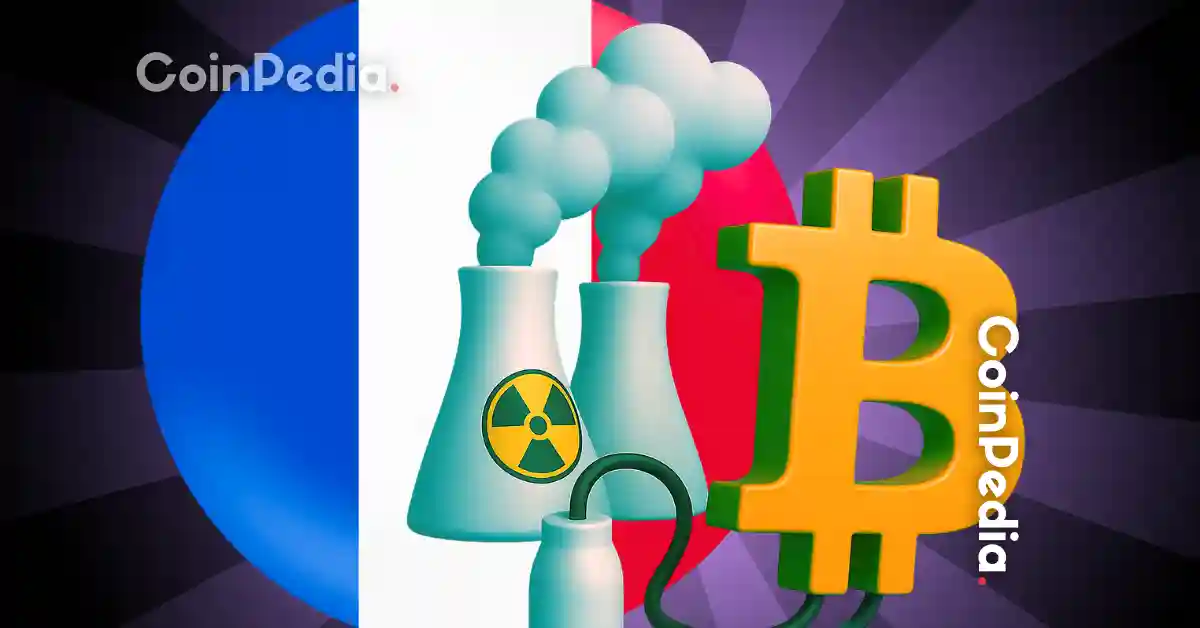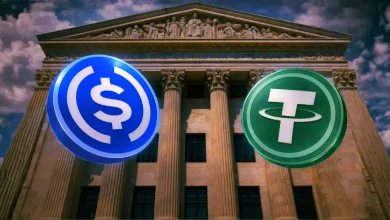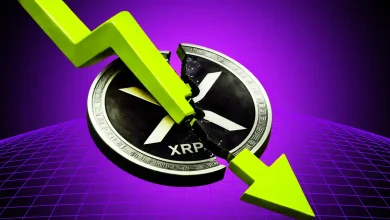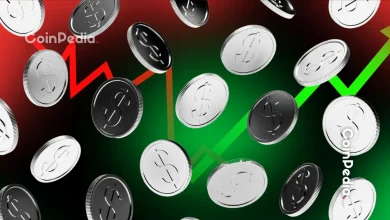
France’s far-right National Rally proposes a five-year pilot to mine Bitcoin using surplus nuclear energy from plants like Flamanville.
The plan could generate $100–150 million annually while helping stabilize the power grid and reuse heat from mining operations.
Critics question the environmental impact, and political hurdles remain after a similar proposal was rejected in June.
France’s far-right National Rally party, Rassemblement National (RN), is preparing a bill to tap into the nation’s surplus nuclear energy to mine Bitcoin. The proposal, led by MP Aurélien Lopez‑Liguori, would run as a five‑year pilot program at nuclear plants like Flamanville.
The idea behind this initiative is that when power demand is low, nuclear plants often produce more energy than the grid can use. Instead of wasting it, RN wants to turn that spare electricity into digital gold.
From Crypto Ban to Bitcoin Mining, Marine Le Pen’s Policy Shift
This marks a big shift for RN leader Marine Le Pen. In 2016, she called for a total ban on cryptocurrencies, claiming they were tools of elites and Wall Street. By 2022, her stance had softened with her changing stance she supported regulating crypto instead of banning it. Now, in 2025, she’s gone further, backing a plan for France to directly produce Bitcoin using its nuclear capacity.
How It Could Pay Off
Industry estimates suggest that using just one gigawatt of surplus nuclear power could bring in $100–150 million per year in Bitcoin revenue. Instead of losing money during periods of oversupply, when electricity prices can even turn negative, the state could convert unused energy into profit.
Supporters argue that this plan could help stabilize the power grid. Bitcoin mining farms can quickly power up during excess supply and shut down when demand rises, acting as a buffer for the grid. There’s also potential to reuse the heat generated by mining to warm homes, greenhouses, or even public swimming pools, a concept already used in parts of Scandinavia.
Mixed Reaction
While RN hails this as a win‑win, critics aren’t convinced. Environmental groups argue that even with nuclear power, crypto mining still consumes a lot of energy and shouldn’t be encouraged. Politically, the bill faces challenges, as a similar proposal was rejected in June due to parliamentary rules. RN will need strong support to push it through this time.
Why This Matters
If France moves ahead, it could become the first European country to officially combine nuclear energy and Bitcoin mining. This would not only boost the country’s Bitcoin reserves but also set an example for other nations exploring ways to monetize surplus renewable or nuclear energy. For crypto watchers, it’s a sign of how far Bitcoin has come, from being dismissed as risky speculation to becoming part of national economic strategies.
Never Miss a Beat in the Crypto World!
Stay ahead with breaking news, expert analysis, and real-time updates on the latest trends in Bitcoin, altcoins, DeFi, NFTs, and more.
FAQs
RN plans a five-year pilot to use surplus nuclear power from plants like Flamanville to mine Bitcoin.
One gigawatt of surplus nuclear power could yield $100–150 million in Bitcoin annually.
Mining can absorb excess power when demand is low and shut down when demand rises, stabilizing the grid.
Trust with CoinPedia:
CoinPedia has been delivering accurate and timely cryptocurrency and blockchain updates since 2017. All content is created by our expert panel of analysts and journalists, following strict Editorial Guidelines based on E-E-A-T (Experience, Expertise, Authoritativeness, Trustworthiness). Every article is fact-checked against reputable sources to ensure accuracy, transparency, and reliability. Our review policy guarantees unbiased evaluations when recommending exchanges, platforms, or tools. We strive to provide timely updates about everything crypto & blockchain, right from startups to industry majors.
Investment Disclaimer:
All opinions and insights shared represent the author's own views on current market conditions. Please do your own research before making investment decisions. Neither the writer nor the publication assumes responsibility for your financial choices.
Sponsored and Advertisements:
Sponsored content and affiliate links may appear on our site. Advertisements are marked clearly, and our editorial content remains entirely independent from our ad partners.







